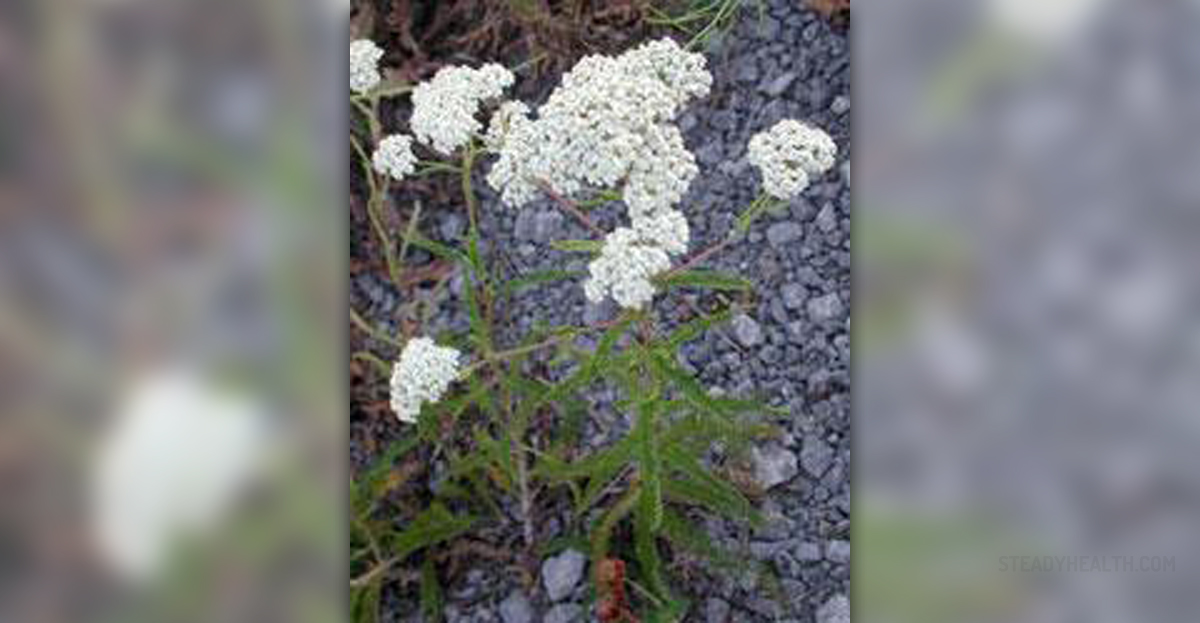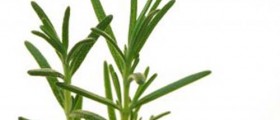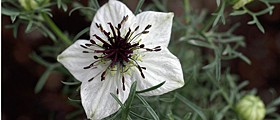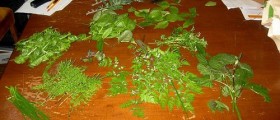
Information on Yarrow Root
Yarrow is a hardy plant which originates from the NorthernHemisphere of the planet. It comes from the family of compositae and itsbotanical name is achillea millefolium. It commonly grows on wastelands,pastures and meadows and it got its name from the ancient Greek hero calledAchilles because there is a popular belief that he always carried the plantwith him. Achilles used the plant for the treatment of the wounds during theinfamous Trojan War.
Yarrow can also be used to stop a nosebleed so that is whyit is also sometimes referred to as nosebleed. Traditional Chinese medicineconsidered the yarrow plant to be sacred and they thought that it was thenatural representation of the balance between the yin and yang. All parts ofthe yarrow root can be used and they all provide certain types of healthbenefits.
Yarrow Plant Uses
Yarrow plant is loaded with alkaloids, tannin, coumarins,polyacetylenes, flavonoids, chamazulene and salicylic acid. It is known for itspotent astringent, antiseptic and anti inflammatory properties. It is also anexcellent source of silica which means that it is very efficient in repairingall the worn out and damaged tissues in the human body.
Yarrow plant is verybeneficial in the prevention and treatment of cuts, fevers, wounds, commoncold, ulcers, nosebleed and burns. It is very good at blood clotting andinducing perspiration. It also has very strong diaphoretic properties. Yarrowplant is commonly used in a topical manner but it can also be used for thepreparation of an herbal tea. One can prepare it rather easily by boiling somedried leaves. Yarrow tea can be of great help for all those who suffer fromindigestion, lack of appetite and insufficient absorption of various types ofnutrients.
It can also come in very handy when it comes to prevention andtreatment of muscle spasms, internal bleeding, muscle cramps, hemorrhage,rheumatism and different types of inflammatory conditions. Yarrow root has verypotent astringent, aromatic, tonic, antipyretic and stimulant qualities so itcan be of great help for those who suffer from common cold. It can be chewedupon or used for the preparation of decoction which should be applied topicallyfor the treatment of skin eruptions and sores.
Yarrow Root Side Effects
Prolonged use of yarrow root can lead to certain sideeffects such as increased photosensitivity of the skin. It may also involvedifferent types of allergic reactions as well. Pregnant and breastfeeding womenshould avoid using yarrow root.

















Your thoughts on this
Loading...